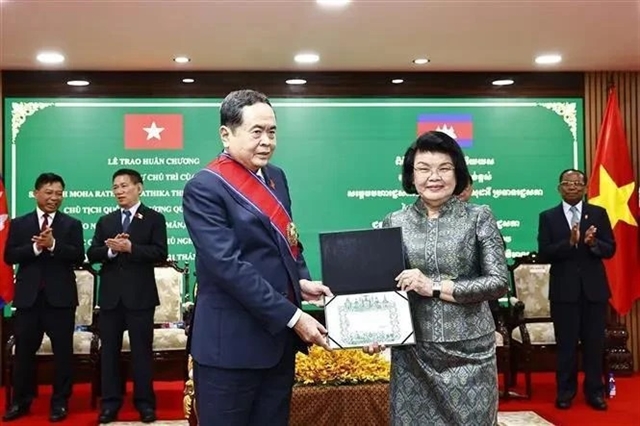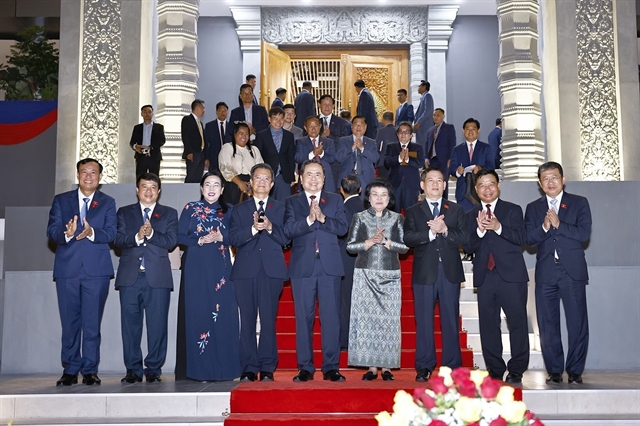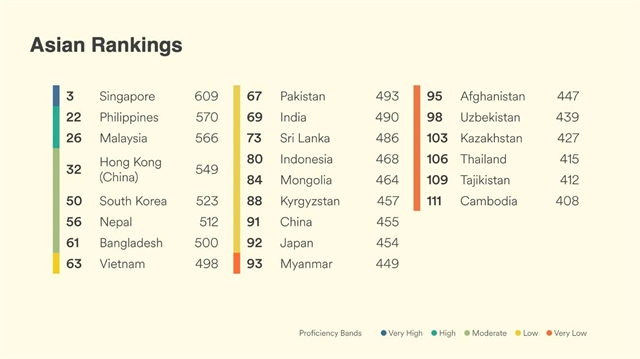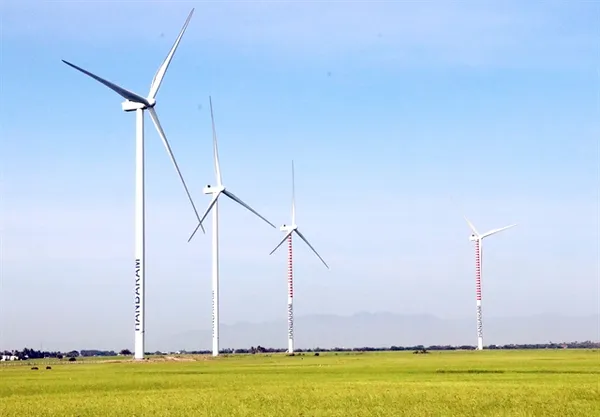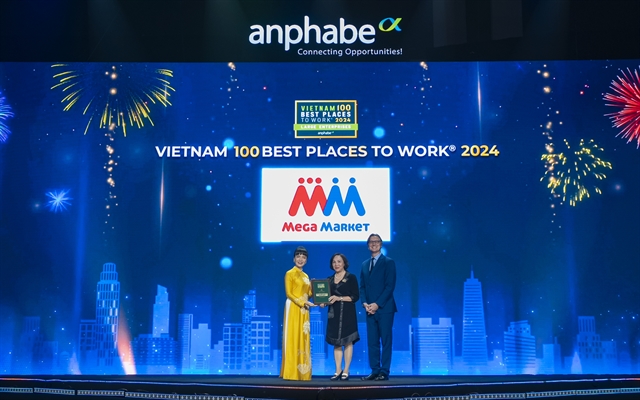 Economy
Economy
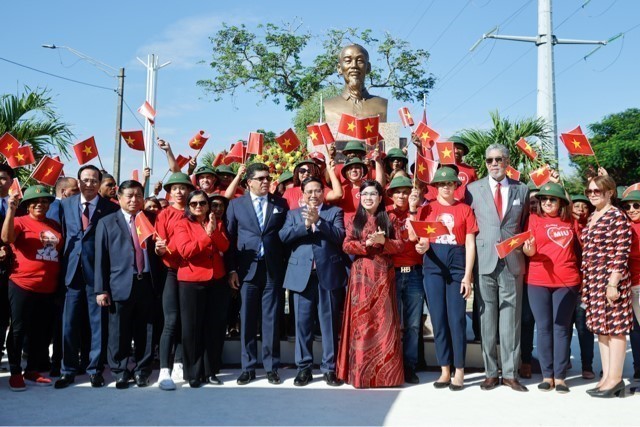
With the strong development of science and technology, some localities in Việt Nam are in a rush to make changes and become smart cities.
 |
| With the strong development of science and technology, some localities in Việt Nam are in a rush to make changes and become smart cities. — Photo namdinh.gov.vn |
HÀ NỘI — With the strong development of science and technology, some localities in Việt Nam are in a rush to make changes and become smart cities.
According to a United Nations report released in November, the e-government development index of Việt Nam had risen five places in the past five years, making Việt Nam one the top countries for e-government development.
E-government aims at using information and communication technologies to help improve the operational quality of the public sector organisations, which in some extent is linked to internet-based applications, to better perform interactions between the government and other stakeholders such as people and businesses.
Smart city, or smart government, is a bigger aspect that includes e-government. Smart government means using technological applications to facilitate better planning and decision making and improve the way that public services are delivered to people and businesses from the local government.
The northern province of Bắc Ninh is one of the localities making efforts to shift from a traditional urban model to a smart city model. Nguyễn Việt Hùng, director of the provincial Department of Information and Communications, said the key issue was to convert its administrative system to a smart government.
Bắc Ninh plans to convert to e-government by applying information and technology (IT) in administrative management, then convert from e-government to an open government before completing the transition to a smart government in the last phase.
In the central region, Thừa Thiên - Huế Province has been one of the pioneers towards becoming a smart city closely linked with e-government.
Phan Ngọc Thọ, chairman of the provincial People’s Committee said they had focused on building the project to develop a smart city by 2020 with a vision to 2025 by applying IT to resolve transport, healthcare, education, tourism and environment issues. This gave people easier access to public services.
Thọ said they had put people at the centre of the project and businesses as the momentum for developing a smart city.
HCM City is also considering building a digital government to manage a smart city.
Dương Anh Đức, director of the city’s Department of Information and Communications, said they would focus on implementing an e-government architecture by 2020. It targeted to provide better public services and simplify paperwork for people, businesses and organisations.
The National Committee on e-Government was established with the aim to directly serve people and firms.
The Government this year targeted to complete a national system of collated documents towards a national digital integration and data sharing platform and operating e-Cabinet. It also planned to launch a national public service portal connecting existing portals of ministries and localities across the country.
Minister, Chairman of the Office of the Government Mai Tiến Dũng said the Government had taken drastic measures in digital transformation to create the best environment for business development. Therefore, the Government needed businesses to accompany it in the process.
A country must have a team of businesses that were able to compete vigorously and lead the community. However, digital transformation was revolutionary and when conducting a revolution, the change must start with leaders, he added. — VNS

